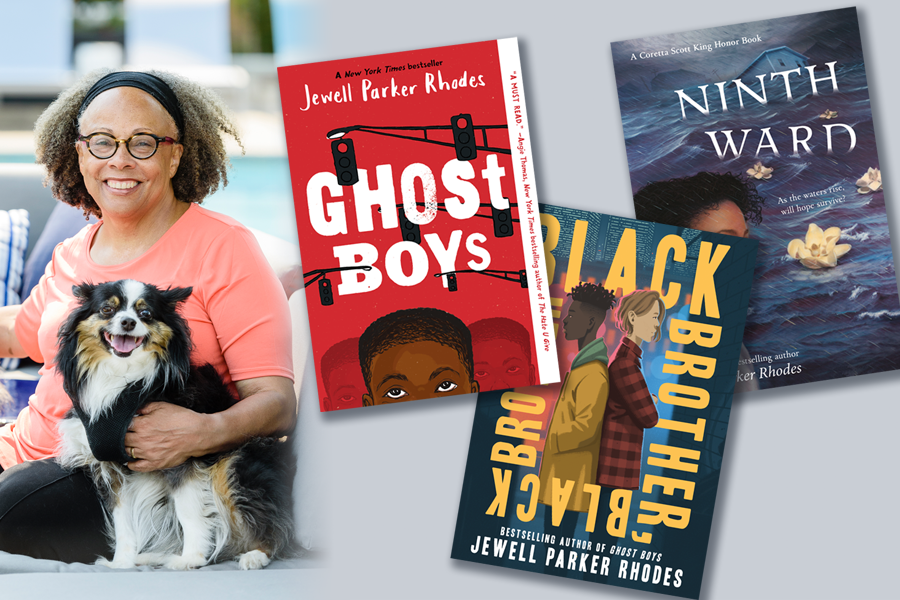
Her Pen is Mighty
Alumna and novelist Jewell Parker Rhodes wants to make the world a better place for all — one middle school student at a time
By Amanda S.F. Hartle
A single book can change your whole life.
For award-winning novelist, college professor and Carnegie Mellon University alumna Jewell Parker Rhodes (DC 1975, 1976, 1979), it was Gayl Jones’ “Corregidora” in Hunt Library.
“It was a revelation. Even though I wrote stories and poetry, I never thought I could be a writer,” Jewell recalls. “None of the characters I read about were black, and none of the authors were black. CMU’s library opened a horizon that I didn’t even know was possible for me.”
She soon changed her focus from musical theater and dance to English and started a new path that would lead to bachelor’s, master’s and doctoral degrees from CMU, a life in academia and an endowed chair in creative writing at Arizona State University, countless writing awards, two writing guides, a memoir, six adult novels and five (soon to be six) books for middle-grade students.
“None of the characters I read about were black, and none of the authors were black. CMU’s library opened a horizon that I didn’t even know was possible for me.”
“Those are my people — middle-schoolers,” Jewell says warmly. “When I’m with them, I always get more from them than I give to them. The kids are so loving, so empathetic. They’re trying so hard to be supportive of each other. They’re just amazing.”
Jewell visits elementary and middle school classrooms to talk about her books, which fuse historical events with current, socio-political struggles like racial bias, the school-to-prison pipeline, cultural and religious discrimination and climate change.
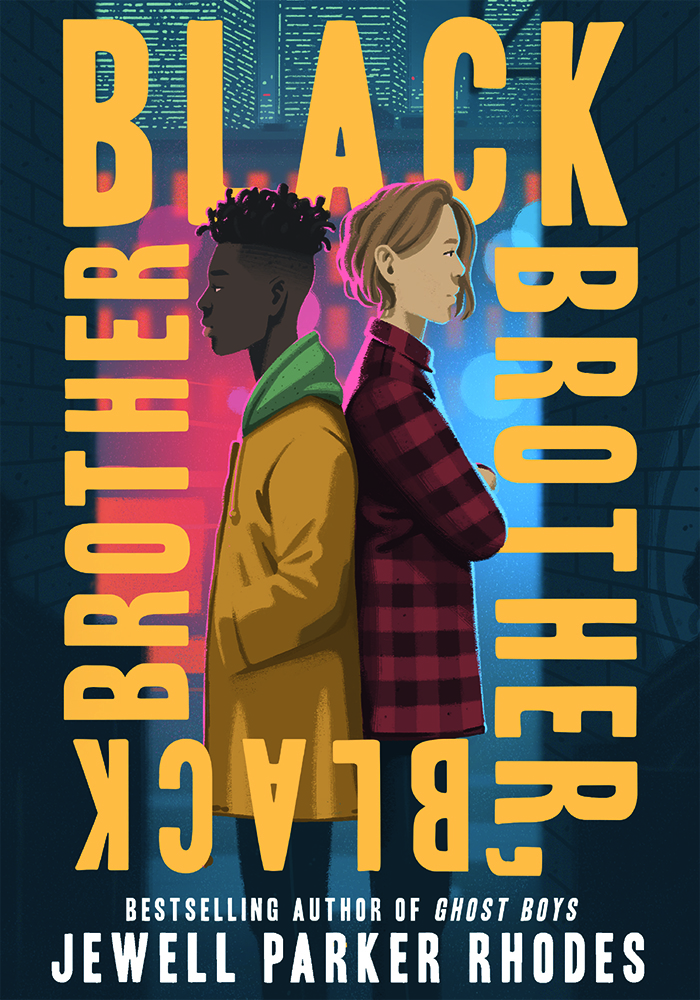
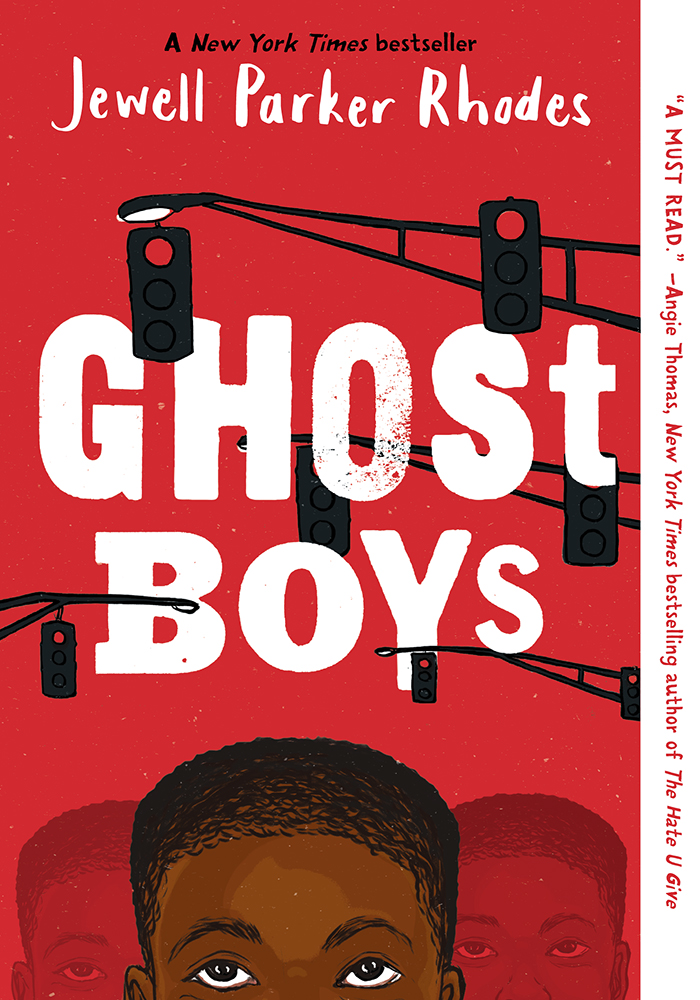
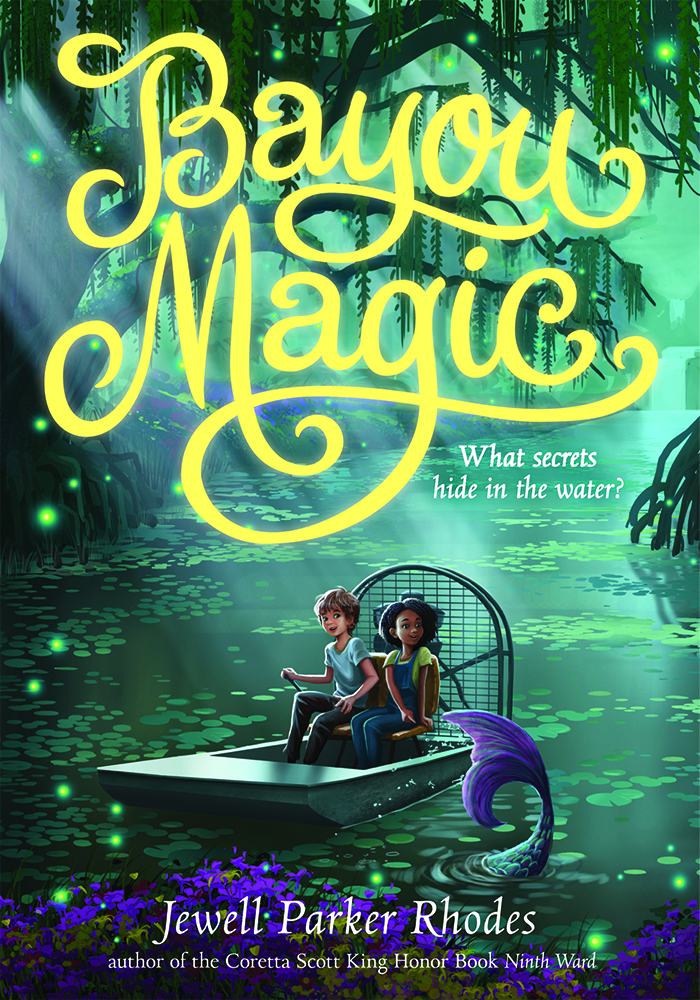
“I write stories that I wish I had as a child,” Jewell remarks. “I wrote for decades for adults to become a good enough writer to write for children. Writing a book that a child adores is such a high honor.”
Her evolution from adult novels to children’s books was fueled by the floodwaters of Hurricane Katrina. A mere two weeks after the hurricane struck, her publisher sent her on a promotional tour to New Orleans, which serves as the setting of many of her adult novels.
“I got to see the city that I loved transformed by suffering, trauma, destruction. I thought to myself ‘What about the children and the animals?’ I felt a calling to write my first children’s book, ‘Ninth Ward.’ I finally was ready.”
From the Crescent City to New York City, her fourth book “Towers Falling” tells the story of 9/11 from the 2016-era perspective of a homeless African-American girl and her Jewish and Muslim best friends. Although the trio wasn’t alive in 2001, the event affects every day of their lives.
“At first, I said I wasn’t going to do it, but a fifth-grader in a few short years still will be living with the consequences of that day.” She soon realized her book could be used by teachers to contextualize a global event with far-reaching effects into something relatable for young students.
That breakthrough led to what has become a trademark in her literary work that addresses race, class, gender, religion, cultural and equity issues: free guides for teachers with ideas for research projects, reading activities and art analyses related to each book.
“I write for kids to read my books, but I also write for teachers because I’m a teacher. I love how teachers can amplify ideas and how parents can have discussions with their kids to contribute to critical thinking,” she explains.
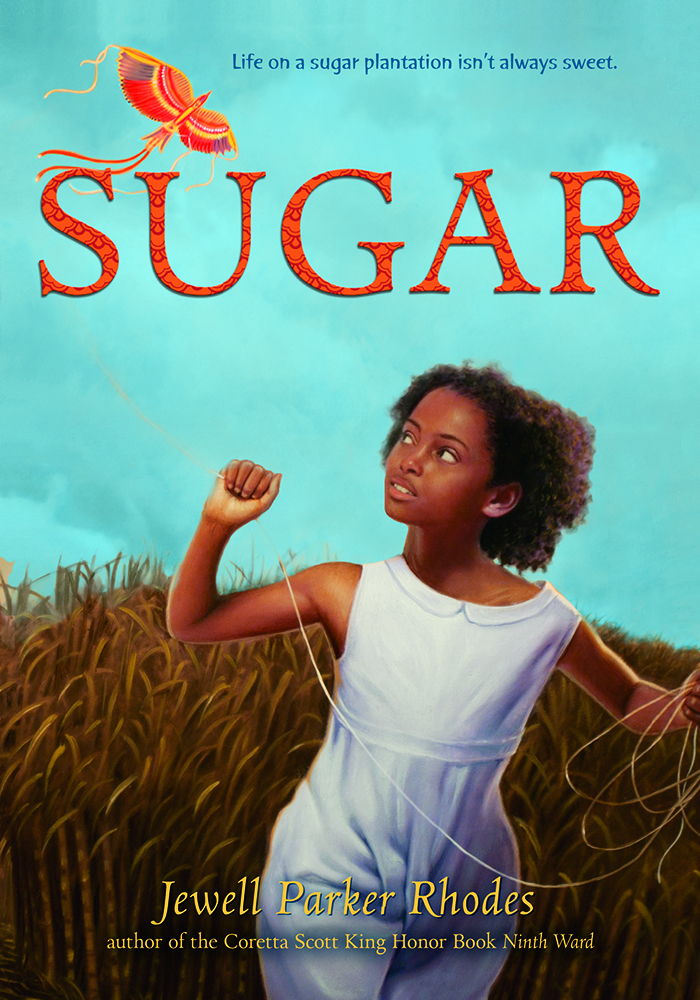
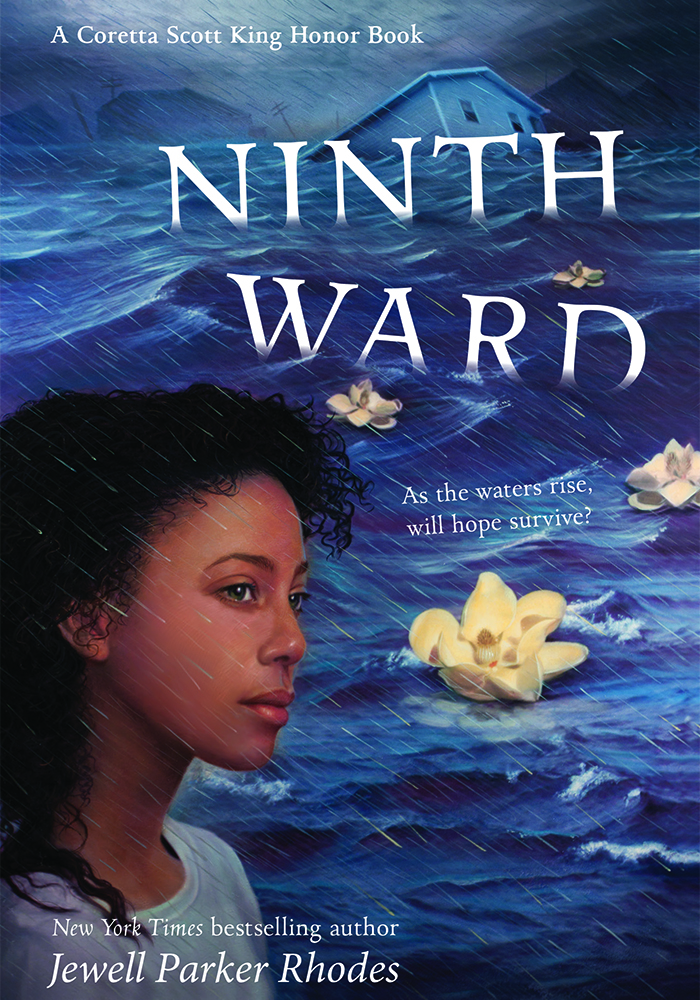
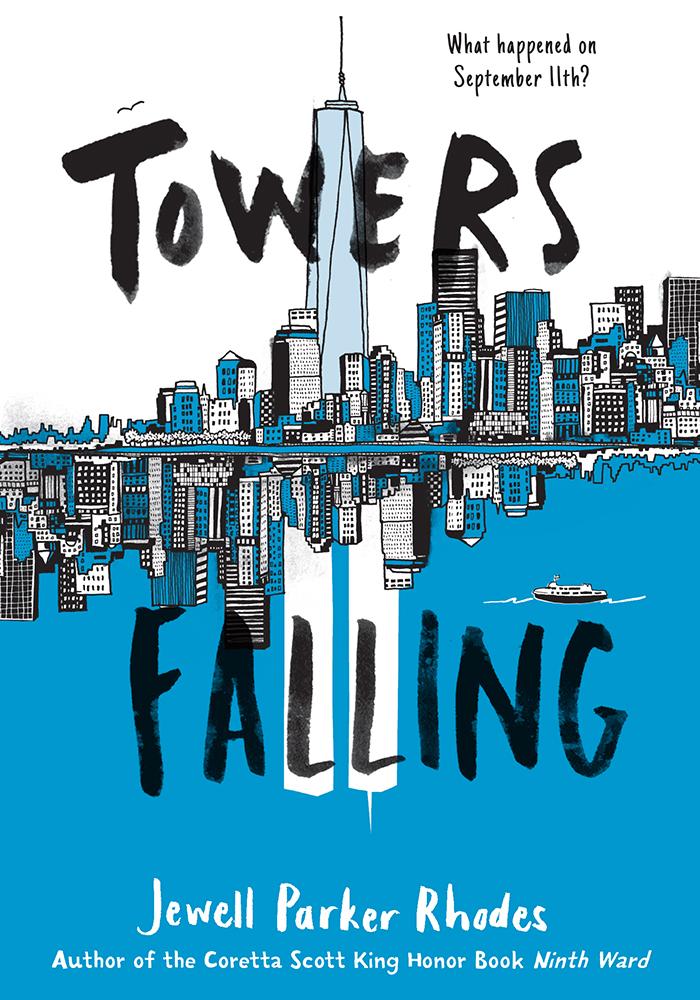
Her latest novel, “Ghost Boys,” opens the history of the Civil Rights movement for kids using the ghost of Emmett Till and his interactions with the spirit of a modern-day African-American boy who is killed by a police officer after his toy gun is mistaken for a real weapon.
“For young people of all ethnicities, the historical context is really important to them,” Jewell says. “History can help us create a narrative and put things into perspective.”
She writes from the heart in the same way her grandmother told stories on their front porch throughout her childhood. Jewell’s grandmother raised her and many of her cousins in Pittsburgh’s North Side amidst “a lot of hardship but also with a lot of love.” Other trademarks of Jewell’s works from these early days of storytelling are an empowered first-person voice; an elder, guide figure; food; folklore and alternate perspectives to well-known stories.
She left her grandmother’s house at age 16 and entered CMU as a first-generation college student where she came face-to-face with an opportunity gap.
“All the excellent skills I needed, Carnegie Mellon gave to me. My whole life was changed by the power of the education I received at CMU.”
“I used to have to take notes when people were talking before I could even get to my homework assignments,” Jewell remembers. “I was always researching and double-timing it in the library. I probably was going to look for a reference to something when I found ‘Corregidora.’ ”
The library’s diverse bookshelf; her dean taking time to make her drama criticism degree possible; the director of graduate studies encouraging her to pursue additional degrees; professors telling her that her stories had power — CMU transformed Jewell.
“All the excellent skills I needed, Carnegie Mellon gave to me,” Jewell says. “My whole life was changed by the power of the education I received at CMU.”
At CMU, she seized the storytelling mantle from her grandmother and became a scholar in American studies, ethnic studies and creative writing along the way.
“I didn’t have the best preparation for college, but no one changed their standards. I’m known for that now as a professor,” Jewell says. “Why would you want to do something that’s easy? People recognized my promise and encouraged me. That’s a fundamental value I got from CMU. You rise.”